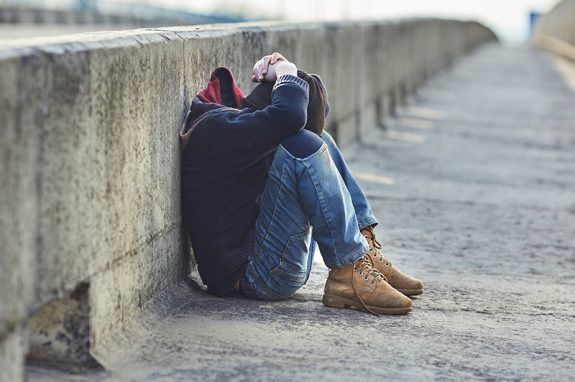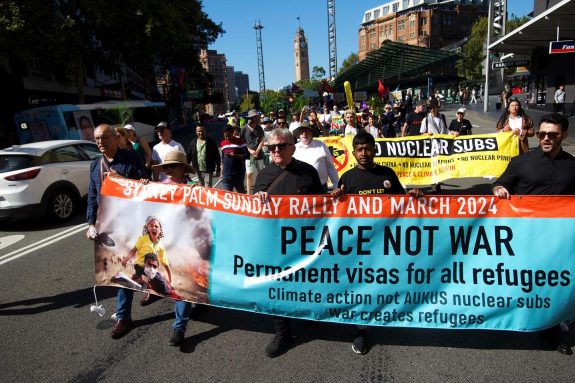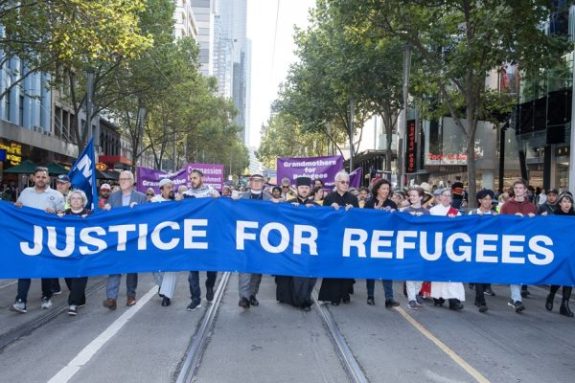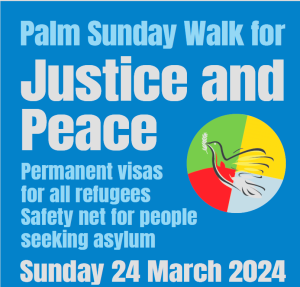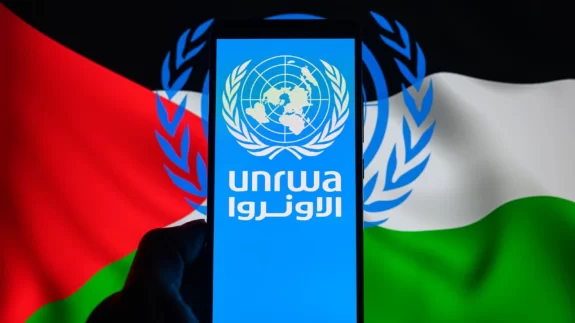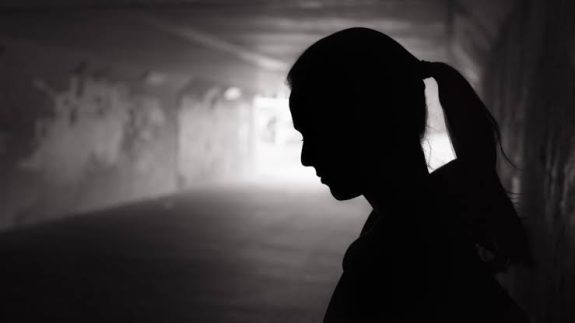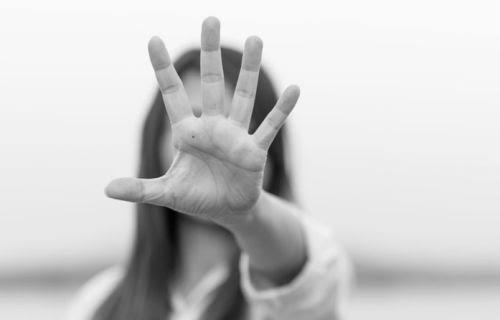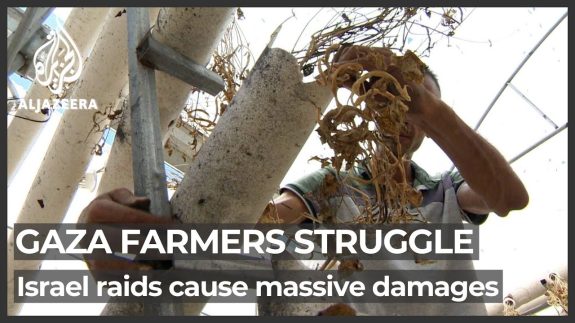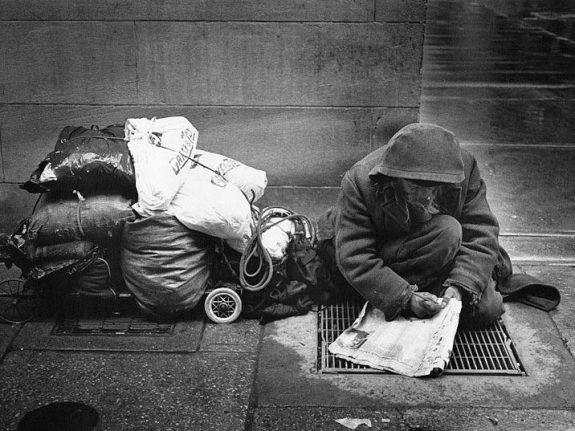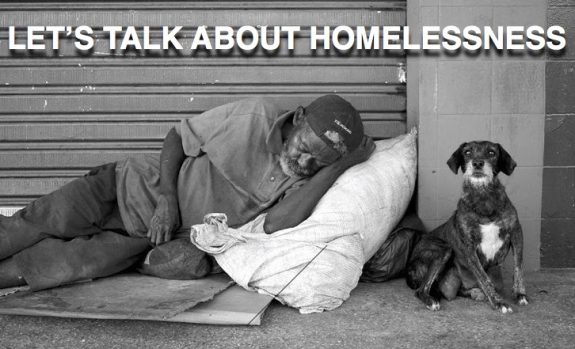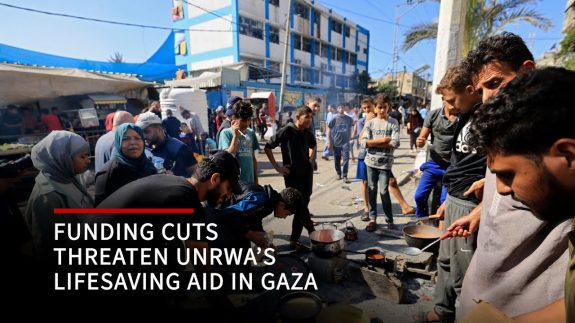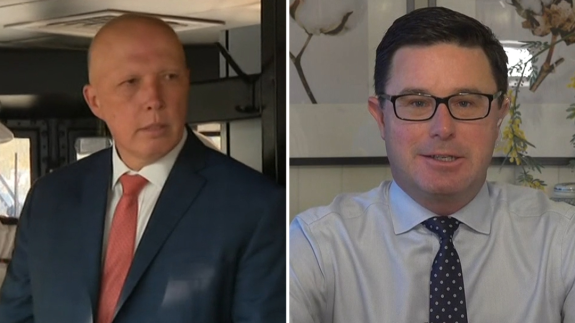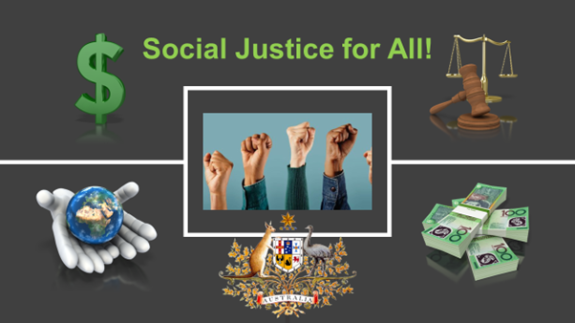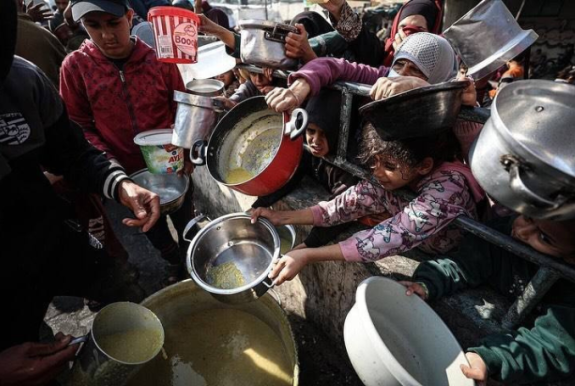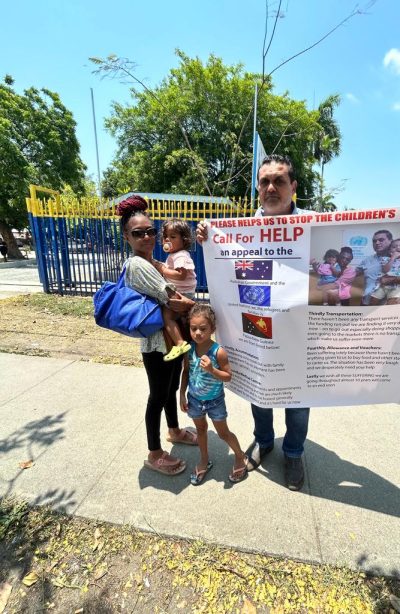HOW MANY of us Survivors of CSA have to kill ourselves before the following short paragraph is seriously considered by Churches and Government?
Too much secular Government/Taxpayer money is wasted on religious endeavours in Australia, and too many Survivors of Childhood Sexual Abuse experienced in religious institutions are left clinging to life by their fingernails because the money to deliver quality psychotherapy help to them is simply not there.
I have been prompted to write all of these following words by an excellent piece that was recently published on The AIMN.
(TRIGGER WARNING: A Torrent of Truth, and matters relating to Childhood Sexual Abuse and Suicide are about to follow.)
The psychiatrists and other mental health professionals who have been treating me over the last three years first met a largely untreated mind that wanted to kill itself. As you will soon see suicide ideation is a hard grip-beast to escape.
Sometimes … when I write … I do not know if it is the traumatised me, the autistic me, or just me who pulls words from my brain. I’m glad my brain box is incapable of feeling the words of self-pity because from what I have been told thoughts like that are unhelpful darkness anchors and serve no positive purpose.
When I write I pick up a word camera and take a snapshot of what my brain is saying in that moment. At the same time I am thought-looking at other CSA Survivors and wondering what their word cameras see and feel and whether or not they are being acknowledged and listened to.
I do not always write like this. Sometimes fear rules and I try to appear together and unaffected by my childhood experiences, and so I’ll self-censor and try to mirror the way other people write. Sometimes I can do that reasonably successfully. Sometimes, like right now, I tell fear to sit in the corner for a bit and I write the words that want to happen.
Bear in mind that I live in a State, Qld, where some free help of a very light nature is available for older Survivors of CSA like me. Because I tried to kill myself on a number of occasions I was offered in-depth psychotherapy assistance over the course of a year.
Three months ago, on my 72nd birthday, I spent another period in the acute mental health ward of Sunshine Coast University Hospital on suicide watch. I’m sick of such things, they really give me the shits. I’m sick of the fact that people like me, and there are far too many like me out there, have to beg for ongoing quality help when taxpayer dollars are sheeted into Chaplaincy Programs in secular state schools and unneeded government dollars are poured into wealthy private religious schools.
Feeling sorry for myself is a long-term no go and I will not let it happen. Feeling rising anger over these funding matters is a different matter and it makes me want to fucking roar.
I can write brutally about Survivor life and people sometimes react with shock horror at the ugly truths I seek to expose, but do you realise a lot of other Survivors simply nod their heads in quiet acknowledgement? Yep, been there and lived that.
So let’s chat about something that I know is not unique to me.
Yesterday, Thursday, was a day where who I am and reality spent some time together. It was a meeting I did not want to attend, and it was a meeting where I thought some of the content was a bit shitty.
Normally, but what is normal, I front up as a very quiet friendly man who is very considered with his words. I present as reasonably intelligent but a bit closed off and obviously a long-term resident of Shy City … for all I know that perhaps simply evidences me as sitting in one of the available templates of what an older Survivor of CSA can be.
I like to present as a person who writes clearly about difficult CSA issues whether they be experienced by me or others. The one thing I have struggled with is the shame of being a Survivor. That shame stops me from letting you get to know me.
Fuck the fear of judgement. Some of you know me as a person who now and then posts to AIMN on various matters. While that is part of me it is not who or what I am. What follows is just a chat about how yesterday was for me. As you read remember that I have at least received a bit of treatment and I would like you to think about those Survivors who cannot access any quality treatment at all.
The last three years of suicide attempts, and all the subsequent psychiatric assessments and periods spent in acute mental wards, plus the quality help I have received, plus all the years of living that I have done, all coalesced yesterday when my referral to the MyAgedCare system finally happened.
It hurt my pride to receive that referral.
It hurt my pride to be seen as internally frail and damaged. It hurt my pride to have to accept some truths that others perceive about me.
You know, my lower scale autism tangents my brain all the time into ‘hey let’s jump over there and pursue those thought words into their own warren of hidden possibilities’. Did you know that some of the traits of early childhood trauma can closely mirror some of the traits of what used to be called Aspergers? I cannot read faces, I cannot pick up on non-verbal cues. They are some of those traits.
My pride. My bloody pride.
To the people who mean a lot to me I am going to speak. I have hidden who I am from my friends, from my close friends, from my closest friend, and from my children. Years ago, decades ago, almost my full lifetime ago, I learned a way to mask the pain of my childhood abuse and I cobbled together a method that I hoped would help me to appear to be normal.
I was unable to release that masking for most of my life. Recently I’ve received quality mental health help and, this is me. At the risk of losing any friendship now at this time in my life I am going to be who I am. I have to stop shame of self and I want you to know this man who writes of many things, sometimes in strange or from left-field directions.
I have received some help. Others cannot access any help at all.
I was referred to MyAgedCare in the present by mental health professionals because I was seen to have been flat out developmentally arrested in some areas by my childhood abuse experiences … I was jumped on young and re-jumped on while still young by Catholics for the next seven years … so I dipped out on a couple of key early learnings apparently … and I can write a sentence like this and feel nothing in my brain … no self sympathy or other such emotional space wasters.
Now that brings up an interesting thought word jumble. If a Survivor of CSA never learned to self care, and also carries that strongly imposed Survivor of CSA belief that one possesses no self value whatsoever … do those two things combined save that Survivor from falling into a need to sympathy suck? Who knows?
But back to being arrested by a crime I did not commit. That arresting did not affect my intelligence. In life I managed to run a newspaper, I managed to set up and run not-for-profit groups. The bummer blip was the part where I never learned how to self care, or how to socialise in a comfortable manner. I have received some help, the dollars that could help others are wasted on Chaplaincy Programs in secular state schools.
The case worker yesterday was a delight of empathy and information. Association with strong female partners in my life insulated me from the knowledge that some of the most basic things in life were beyond my comprehension or capability.
Strong independent women who kitchen-claim, and why should they not if they wish to, can quite unknowingly/accidently/completely without blame/not as a misson in life/ and as an unintended consequence protect a man from discovering that, in some basic areas of responsible self care, he is utterly bloody clueless. I only started to understand that when I started to live alone.
People are coming to see me once Xmas is over to teach me how to cook. To teach me how to shop in such a way that there is food consistently in the house. To teach me that eating is a good thing even when I don’t care about it. To help me understand that routines like house work and self care are not impositions.
It hurts my pride. Perhaps there are others out there who’d be happy wear a bit of hurt pride if some help dollars were there for them. The help dollars are not there for them.
A person is coming in the new year of 2024 to teach me how to use small talk in social situations. To teach me to try to see the non-verbal facial cues that people use to convey happiness, boredom, annoyance, joy, or anger. To teach me to stop fearing people who have done nothing more than approach me to say hello. To teach me that just observing life is only part of the deal and that a thing called participation also exists.
What hurt have I caused to others, close others, by not being able to say hello this is who I am? I’ve received some help to enable myself to ask such questions. Others get no help at all.
The strength of the masking that fear can create is undeniable. Until recently nobody knew the autistic traits I carry, or the level of CSA damage I carry. The shitty shame of it all always shut me down at the wrong moments in my life when better options of more openness briefly appeared. Well good on me blah blah for developing some understanding of such things. I’ve had some help but others have had none at fucking all because the religious mobs have hoovered up too many of the available bloody dollars.
One moment out of yesterday almost broke me. Bureaucracy claims a bit of skin whenever it can … in order to get a MyAgedCare Number I was speaker-phoned through a series of questions by a pleasant enough person. Because I didn’t fit the usual tick and flick box of physical frailty and a need for home or ambulatory aids the questions quickly became forensic. My case manager tried to intervene but I was asked to detail as fully as I could the causes of my inner frailty.
To have to summarize crappy childhood horror in such an impersonal bureaucratic setting as that just to get a Number broke the dam in my heart. I thought the dam walls had been psychotherapy strengthened. The tears were like fucking battery acid. And I’ve had some help and others just as deserving as me have had no help at all.
I got my Number. I will get the help I need. The empathy from my case manager saved yesterday. How come many of the others who are like me receive no help at all? I am getting this help because the professionals who are treating me want me to choose to stay in this life. They are worried I will make the wrong choice.
The help I get helps me to err on the safer side of what can prove to be terminally bad choices. How can the other Survivors like me do that very same thing without receiving that very same solid help?
How many Survivors of CSA of any age who experienced abuse in religious institutions have to kill themselves before adequate numbers of therapy dollars are finally placed on the table?
Like what we do at The AIMN?
You’ll like it even more knowing that your donation will help us to keep up the good fight.
Chuck in a few bucks and see just how far it goes!
Your contribution to help with the running costs of this site will be gratefully accepted.
You can donate through PayPal or credit card via the button below, or donate via bank transfer: BSB: 062500; A/c no: 10495969

